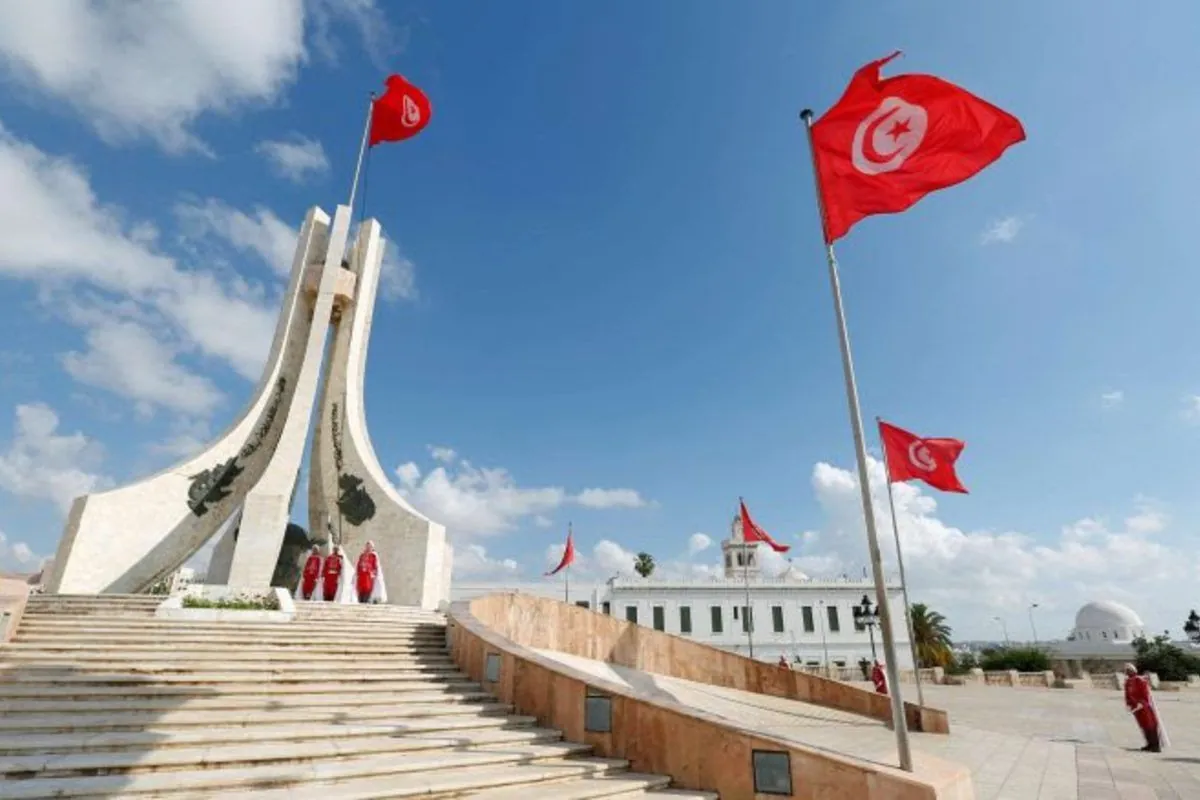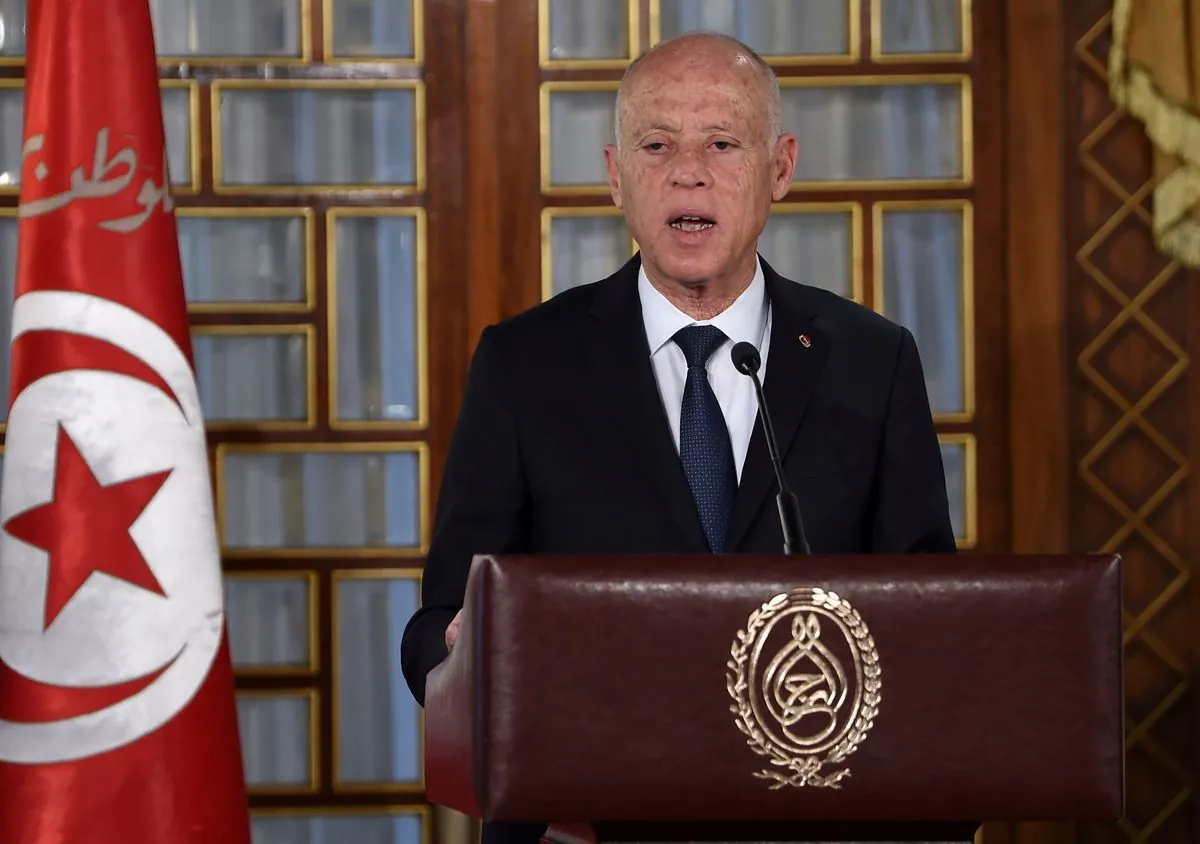Tunisian Court Reinstates Opposition Politician's Presidential Bid
Abdellatif Mekki's candidacy for Tunisia's October election restored by court ruling. Decision adds to list of accepted candidates amid controversy over electoral process.

In a significant development for Tunisia's upcoming presidential election, scheduled for October 6, 2024, the country's administrative court has reinstated the candidacy of Abdellatif Mekki, a prominent opposition figure. This decision, announced on August 27, 2024, overturns the electoral commission's previous exclusion of Mekki from the race.
The court's ruling, which cannot be appealed, adds Mekki to the list of accepted candidates, which includes incumbent President Kais Saied, as well as politicians Ayachi Zammel and Zouhair Maghzaoui. Mekki, who heads the Action and Achievement Party, formerly held a significant position within the Islamist Ennahda party before founding his own political entity in 2022.

This development occurs against the backdrop of Tunisia's complex political landscape. The North African nation, which gained independence from France in 1956 and became a republic in 1957, has been navigating challenging waters since the 2011 Tunisian Revolution that sparked the Arab Spring. With a population of approximately 12 million, Tunisia has been striving to balance democratic aspirations with economic challenges, particularly given its reliance on tourism.
The electoral process has been marred by controversy, with opposition parties and human rights groups accusing authorities of employing "arbitrary restrictions" to favor Saied's re-election. These accusations have been vehemently denied by the electoral commission, which maintains its neutrality.
"The court decision is fair and highlights the image of the administrative court, known for its integrity even in the darkest periods in Tunisia's history."
The political tension has been palpable since 2021 when Saied dissolved parliament and consolidated power, actions described by opponents as a coup. His statement in 2023 about not handing over the country to "non-patriots" further fueled concerns about the democratic process.
As Tunisia prepares for this crucial election, it's worth noting the country's progressive stance on certain issues. It was the first Arab nation to abolish polygamy in 1956 and to grant women voting rights in 1959. These facts underscore the complex interplay of tradition and modernity in Tunisian society.
The administrative court is expected to issue rulings on appeals by other politicians, including Mondher Zenaidi, Imed Daimi, and Abir Moussi, in the coming days. These decisions will further shape the field of candidates vying to lead this strategically located country, which spans from the Mediterranean coast to the Sahara Desert, covering about 40% of its territory.
As the election approaches, Tunisia faces the challenge of maintaining its democratic trajectory while addressing economic concerns, including its significant olive oil and date production sectors. The outcome of this election could have far-reaching implications for the country's future direction and its role in the region.


































